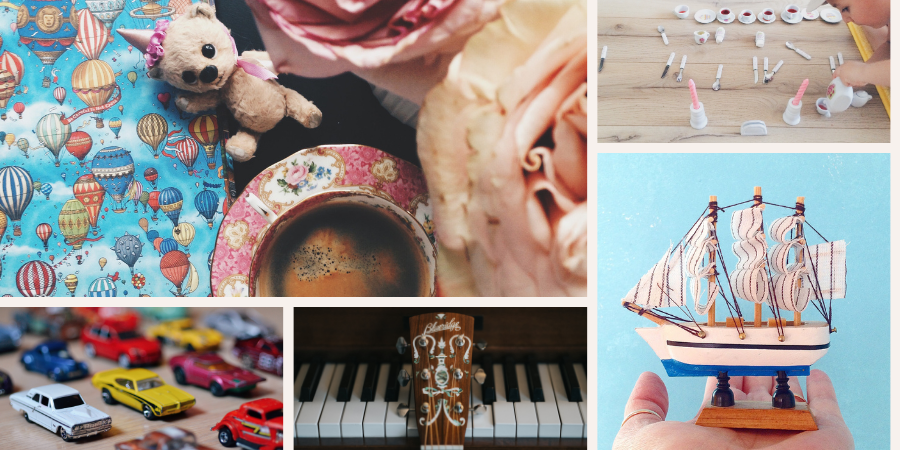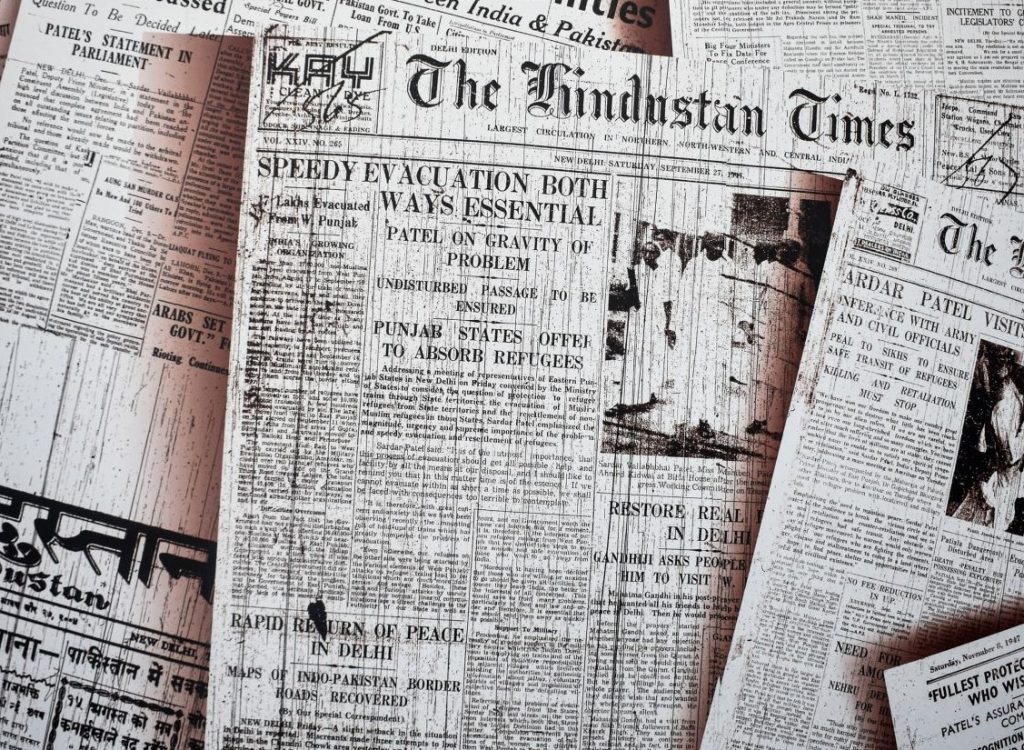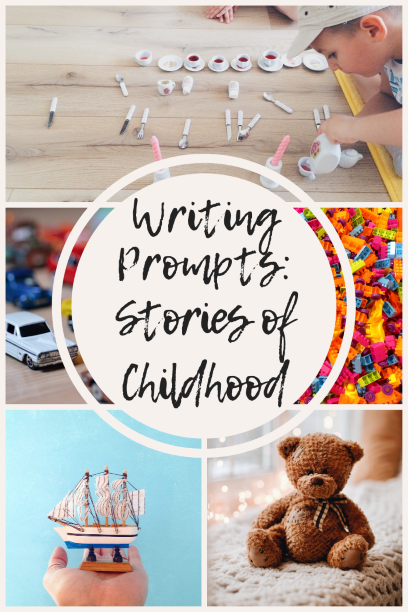
Have you ever considered how history might be seen through the eyes of children?
I’m currently part way through a writing residency at Samson House, a National Trust building in Fremantle. It is fabulous to have time where I have to focus on my writing rather than be sidetracked by the rest of my to-do list. I’ve been spending most of my time exploring Samson House—and other elements of the local history—through the perspectives of children.
Perhaps there are times in your own childhood that you now realise were historical moments. Maybe you are a young person right now, experiencing this period of COVID-19 with all it has brought us this year.
Or if you’re writing fiction, investigating and understanding your character’s childhood may help you gain an insight as to why they are who they are now.
Some of the following prompts have appeared on earlier blog posts, but I am re-purposing them so that we’re considering the perspectives of children and young people.
1. Map of a House
Draw a map of your childhood home—or a house that was significant to you. For example, I loved visiting my grandparents, so I might choose to draw their house instead of my own. It doesn’t have to be architect’s design drawing or an artist’s impression; a rough mud map will do—unless you love to draw; if that’s the case then go for it!
Now, ‘walk’ through the house. Pause in each room. What do you remember about what the room looked like? What memories does this room evoke for you?
You may decide to spend your whole time in one room. That’s totally fine. You can always revisit your map another time and repeat the exercise with another room.
2. Biography of an Object

What objects do you remember from childhood? Perhaps its a favourite doll, teddy bear or other toy. Maybe its a piece of sporting equipment. It could be something that belonged to a parent or was used in the kitchen every day. Or it may be something that was only used on special occasions.
Write the story of this object. What memories are associated with it? Can you find out anything about its history—where it came from or how it ended up in your family’s possession? Do you still have it?
3. Ordinary Days
Describe an ordinary day in your childhood:
- What time did you wake up?
- What did you eat for breakfast?
- What time did school start? How did you get there? What was the school timetable?
- What happened after school and in the evenings?
- What did you do in any free time you had?
4. Conversations with the Next Generation
Start a conversation with a child in your life. What are the differences in your childhoods and how have things changed? What similarities can you discover? A shared love of sport or music or art? A favourite teddy you each remember? That you both loved or hated school? What can you learn from each other?
5. Turning Points
According to the Macquarie Dictionary, a turning point is ‘a point at which a decisive change takes place; a critical point; a crisis’.
It is often these sorts of moments in our lives that impact the person we become; it is also these moments that resonate with, and engage, readers most.
Brainstorm some of the turning points that have occurred in your life. How did these moments affect or change you? To what extent did they play a role in other events in your life or the person you are today?
Select one turning point and tell the story of what happened.
6. Living Through History
What were some of the historical moments that occurred during your childhood?
Were you aware of them, or was it something that only had an impact on adults in your life? Or perhaps it was something that was happening ‘somewhere else’ and had little effect on your community.
7. Newspaper Headlines

Whether it was a personal event such as your birthday or your first day of school or your graduation, what was in the newspapers at the time? What else was happening in your local area, state or country?
If these things happened prior to 1954, this sort of information is now readily available for you, thanks to the National Library of Australia’s newspaper database, Trove. Search it by date, event or even the suburb or town you grew up in.
If the events have occurred more recently, you might still find it there; otherwise, your state library will have collections you can search through.
Over to You
Which of these prompts appeal to you, and which one will you attempt first? Will it be for your own life, that of an ancestor or a character in a fictional story you’re creating? You could even present your memories in some from of artwork other than writing.
Getting started is often the hardest part, so just choose one and begin.




